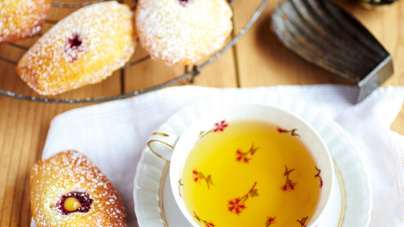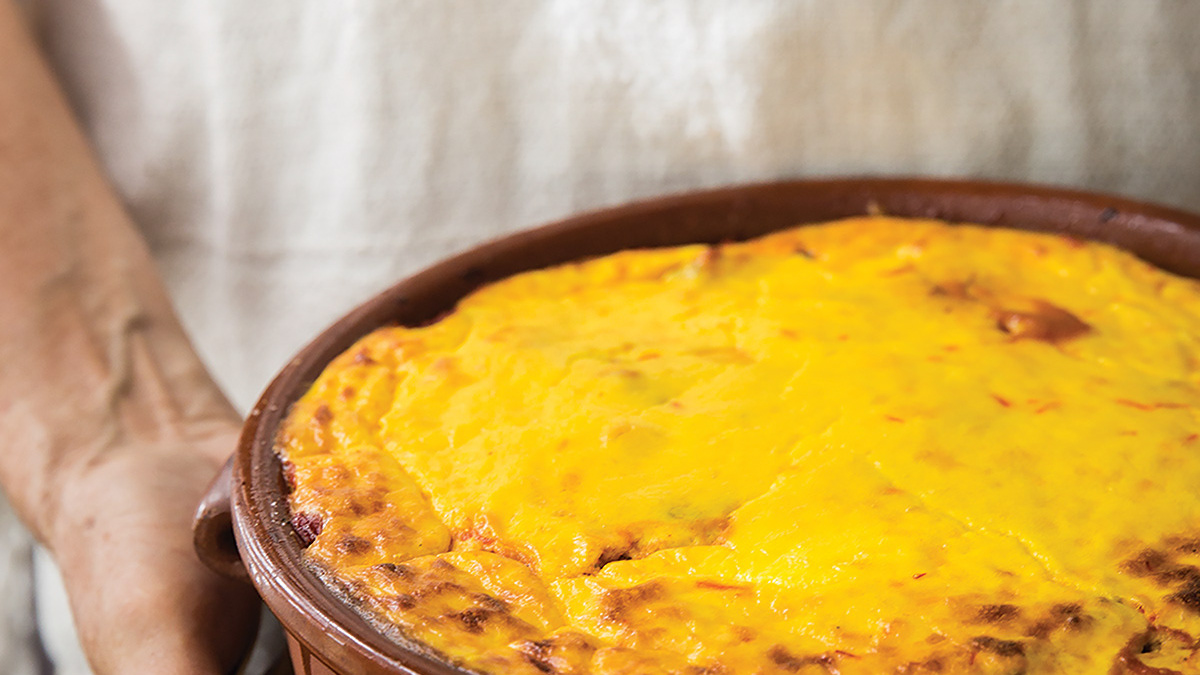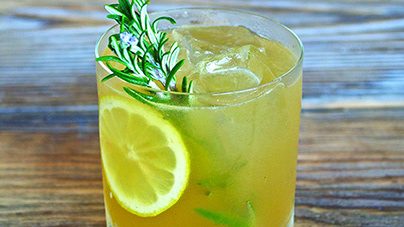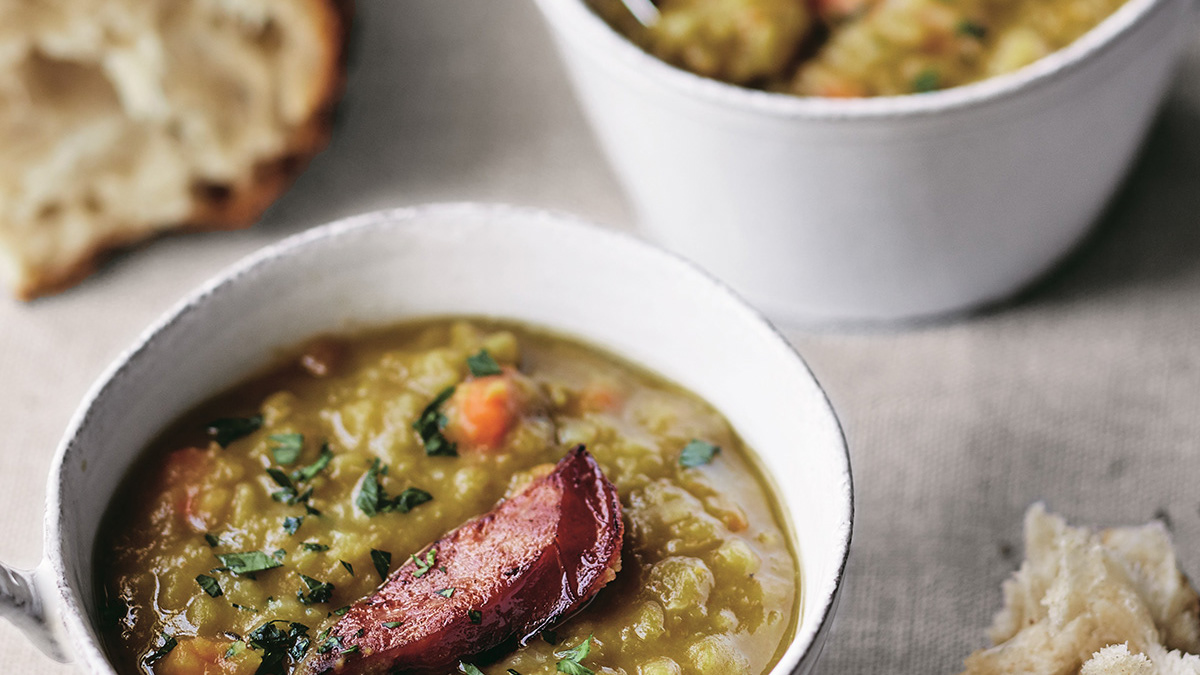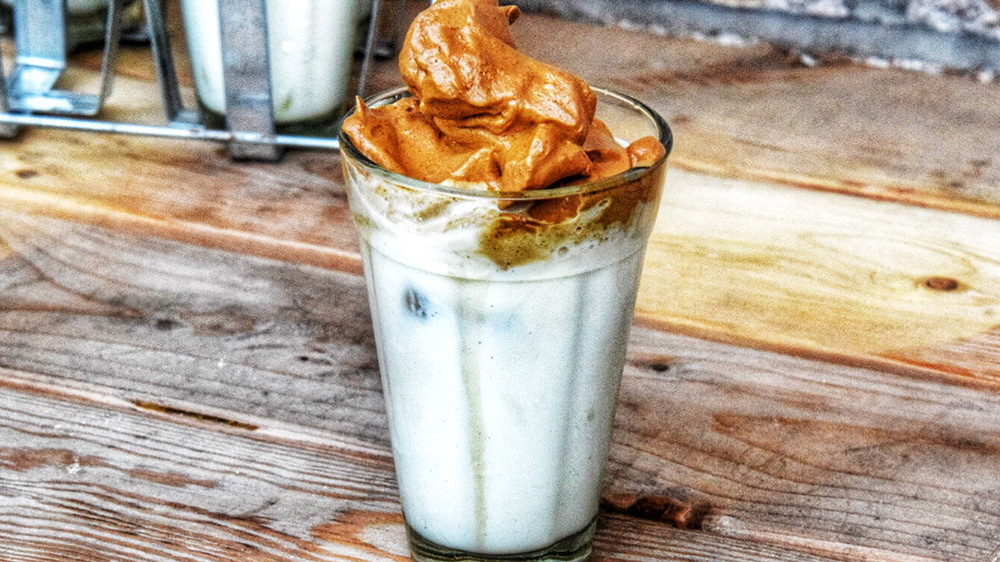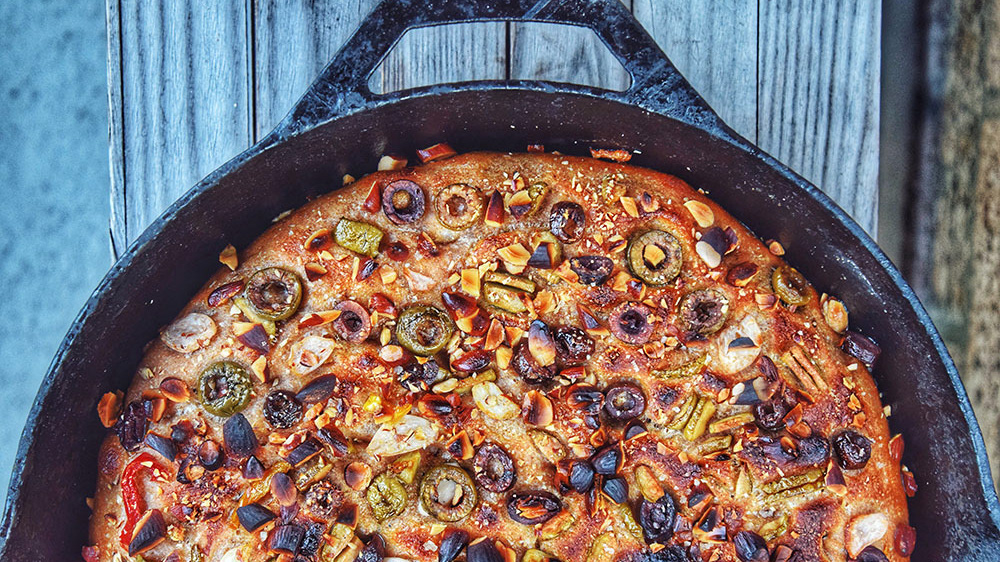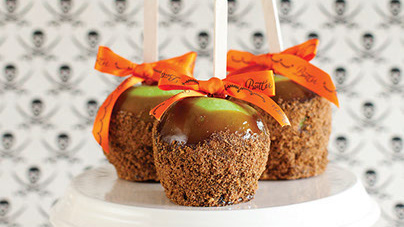PHOTO: Peter Brinch, left, Ditte Isager/Phaidon; Sweet water pike grilled with summer cabbage from A Work in Progress: Journal, Recipes and Snapshots by René Redzepi.
Laura Brehaut/Postmedia News
Originally published on May 13, 2014; Postmedia Network
Originally published on May 13, 2014; Postmedia Network
What happens when you reach the top of your game? When for years running, you’re named best in the world at what you do. At the forefront of New Nordic cuisine and a return to nature and natural ingredients, René Redzepi has enjoyed great success at the helm of his Copenhagen-based restaurant Noma. Named the best in the world by Restaurant magazine for three consecutive years (2010, 2011 and 2012), then second best in 2013, Redzepi and his team are back on top for 2014 with the reservation requests to match.
In the James Beard Award-winning A Work in Progress (Phaidon Press, 2013), which is a three-book set comprised of Recipes, Journal and Snapshots, Redzepi shares some of the challenges that come with international acclaim and recognition. It was 2011 when he started writing the journal; he had released his first book, Noma: Time and Place in Nordic Cuisine (Phaidon Press, 2010), and was experiencing continued success at the restaurant. It wasn’t all rosy though; Redzepi was burned-out. Through writing a journal, he says he sought to answer the question: “How do you get beyond success and continuously find that inspiration and joy in the work even though people are telling you you’ve reached the ultimate goal?”
Redzepi writes about the limitations that come with success in his journal, which covers the day-to-day in the restaurant and his approach to creativity and innovation. He explains in an interview that writing the journal was a cathartic process that helped him overcome the fear of losing the spotlight. “I’ve gone through that; I’ve been afraid of making the right decisions. Afraid of suddenly thinking that’s it, we’ve reached the mountain top,” he says. “Don’t twitch anymore, don’t move; the grid is set. Don’t fiddle around too much because then you’re going to lose the success. Don’t jeopardize anything. And when you’re working a 90-hour work week on minimum wage, you sort of lose the fun.”
Dismissively referred to as “seal f*ckers” by some skeptics in the early years of Noma, founders Redzepi and Claus Meyer’s dedication to serving Nordic food products since they opened in 2003 has influenced great cultural change in the attitude towards ingredients. Redzepi offers the example of chickweed, a common weed that tastes similar to baby corn. “It’s quite succulent and delicious. When we first put it on, we might as well have had crocodile on the menu. It was such a weird, exotic thing to eat a green like that. And today, people are eating mosses and pastes of black ants so there is an acceptance that the edible world is much bigger than we realized.”
The public perception of chefs has also changed drastically in the more than 20 years that Redzepi has been working in the industry. “Most of the time I’m in a little, lovely kitchen and that’s my life,” he says. “But at the same time you think to yourself, ‘What are we going to leave behind to the next generation of David Chang [Momofuku restaurant group] or Ben Shewry [Attica in Melbourne]?’ all of these young, 30-ish cooks that are really taking the limelight these years. What are we going to leave behind? And you want to do it right so that’s also why we support the MAD symposium and the Nordic Food Lab as well too.”
The multi-disciplinary and international collaborations that are supported by the annual MAD symposium and Nordic Food Lab provide new avenues for looking at food and food culture, and are key to innovation at Noma. In fact, it was Brazilian chef Alex Atala’s presentation on insects at MAD that inspired the search for Danish ants at Noma. Black wood ants that taste of lemongrass resulted in the creation of the dish Bouquet of Greens and Black Ant Dipping, the recipe for which is among the 100 in the Recipes volume of A Work in Progress. Guests were asked to swipe the bouquet through a dollop of crème fraiche sprinkled with ants.
“I think the best way I can explain innovation is that it’s your ability to take your past, put your intuition into place and then see the synergies with the past and the now. That’s when something new happens,” Redzepi says. “The more you fill yourself with the knowledge that surrounds food and food culture, the better you become at actually cooking. I think it’s a special moment in cooking right where we need a new discussion but we need to figure out what’s going on and what are we going to take into the next decade. Where’s this all going to end? Nobody knows but let’s see if we can have a good, sound discussion about it.”
